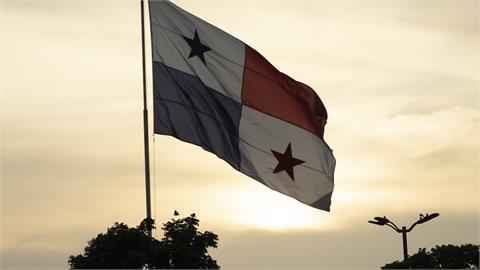Commentary by Gracelin Baskaran and Paula Reynal
Published April 8, 2025
The shutdown of Cobre Panamá—one of the largest copper mines globally—has become a cautionary tale of how political risk can undermine significant investments from Western mining companies. Developed and operated by Canadian company First Quantum Minerals, the mine represented the largest private investment in Panama’s history, totaling $10 billion, or about 12 percent of the country’s GDP. After beginning operations in 2019, the mine quickly became an economic pillar, contributing nearly 5 percent of GDP, 7 percent of current external revenues, and employing around 40,800 people—roughly 2 percent of the workforce. It also played a critical role in global copper supply at a time when many existing mines are aging and output is declining, standing out as one of the few major copper mines that entered production worldwide in the past 15 years.
In April 2023, the U.S. International Trade Association noted that “the Government of Panama is giving mining the opportunity to become the country’s second-largest economic sector, after the Panama Canal.” It went on to note that, “reports claim that by 2023, copper exports will be around $2 billion.” However, by November 2023, legal and political instability had brought mining operations to a halt, dealing a blow to both global copper supply chains and Panama’s economic outlook.

The current crisis traces back to a 2018 ruling by Panama’s Supreme Court, which questioned the constitutionality of the original 1997 concession agreement. After more than four years of negotiations, a new contract granting First Quantum long-term operating rights was signed on October 20, 2023. However, the deal sparked immediate public backlash, igniting widespread protests and road blockades. Critics argued that the contract's terms were unfavorable to Panama, citing issues such as inadequate royalty provisions, concerns over national sovereignty, and the exclusion of environmental and precious metal regulations.
In an effort to calm the unrest, President Laurentino Cortizo proposed a national referendum on the contract. However, Panama’s electoral court deemed the conditions unsuitable for holding a vote. Tensions escalated further when two protestors were killed in early November, intensifying pressure on the government. Road blockades disrupted mining operations, leading First Quantum to scale back ore processing in mid-November while negotiating wage guarantees with its mine workers. Meanwhile, Panama’s Supreme Court began hearing constitutional challenges to the contract, paving the way for a potential legal showdown. On November 28, 2023, the court declared the contract unconstitutional, effectively stripping First Quantum of its legal operating rights in the country. In the aftermath, the company suspended 7,000 employee contracts, maintaining a small team of essential personnel, and Panama’s trade minister resigned. By December 1, First Quantum withdrew its 2023 production forecast for Cobre Panamá and initiated arbitration proceedings through both the International Chamber of Commerce and the Panama-Canada Free Trade Agreement to challenge the ruling.
See all article here




